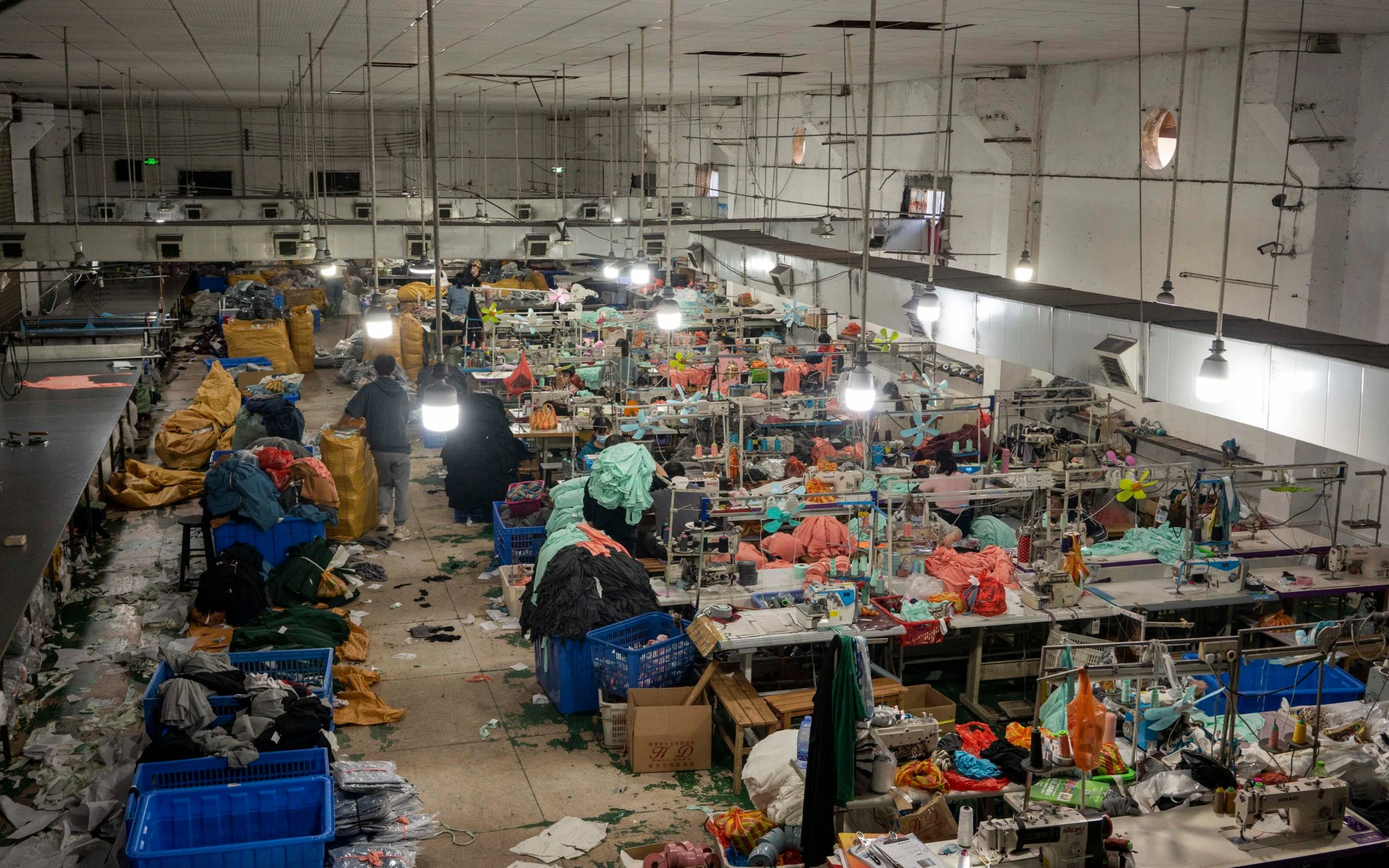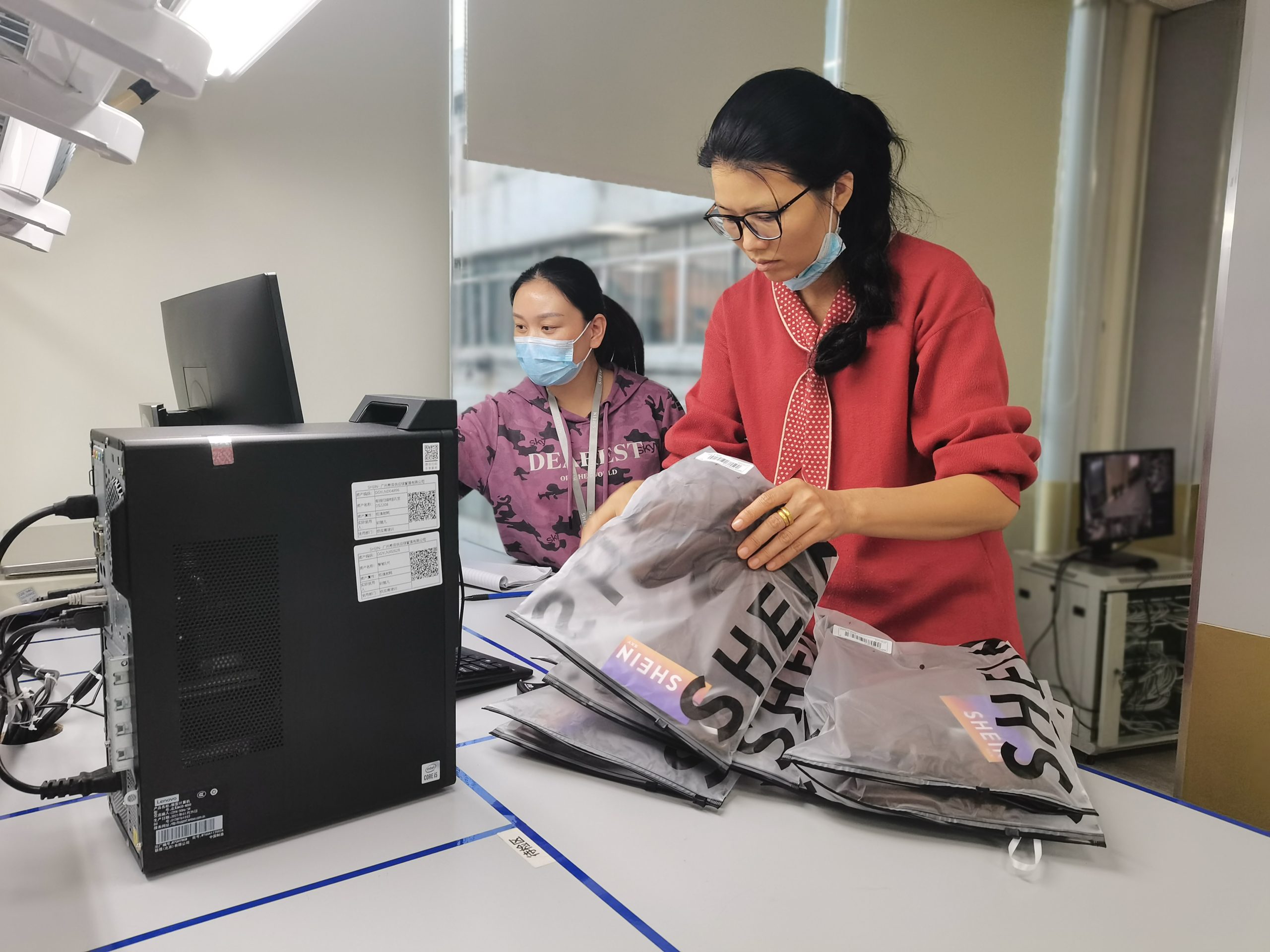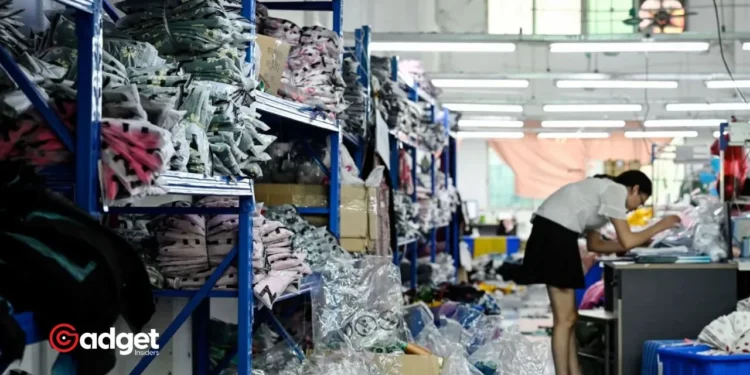Despite the rapid growth and success of Chinese fast fashion giant Shein, a recent investigation has shed light on persistent labor issues that continue to plague its supply chain. According to a new report by the Swiss advocacy group Public Eye, workers at some Shein supplier factories in China are still subjected to grueling 75-hour work weeks.
This revelation comes despite the company’s previous commitments to improve working conditions.

A Deep Dive into the Current State of Affairs
Public Eye’s follow-up investigation to its 2021 report interviewed 13 employees across six factories in the Guangzhou area, revealing that not much has changed.
Workers are still doing excessive overtime, with one employee stating, “I work every day from 8 in the morning to 10.30 at night and take one day off each month. I can’t afford any more days off because it costs too much.”
Shein suppliers still work 75-hour weeks, report says https://t.co/1fzfgGhim9 pic.twitter.com/DSBX5d00t1
— Barbados Today (@BarbadosToday) May 13, 2024
Shein’s Response and Industry-Wide Challenges
Shein has acknowledged the issues raised by the latest Public Eye report, claiming to have made “significant progress on enhancing conditions.” However, the brand also recognized that long working hours are a “common challenge” in the fashion industry.
In order to solve these systemic issues, they stress the importance of collective effort on the part of brands, producers, and other stakeholders.

The Discrepancy Between Policy and Practice
While Shein’s Code of Conduct mandates that workers should not exceed 60 hours a week, including overtime, the reality seems starkly different. Employees report working six to seven days a week without proper breaks, directly contradicting the company’s formal policies.
Financial Strains and Surveillance Increases
Workers also highlighted stagnant wages and increasing surveillance. The pay ranges between 6,000 to 10,000 yuan per month, which barely meets the living wage standards set by the Asia Floor Wage Alliance.
Moreover, there’s a concerning rise in surveillance cameras within factories, which workers believe are intended to monitor compliance with regulations in real-time.
Addressing Errors and Unpaid Labor
The investigation uncovered that any errors made during the manufacturing process are corrected by workers on their own time, without compensation. This practice not only adds to their workload but also impacts their overall earnings, as they are held personally accountable for any mistakes.
Shein’s Efforts and Industry Collaboration
In response to these criticisms, Shein stated it is investing heavily in enhancing governance and compliance across its supply chain. This includes efforts to ensure that all work is voluntary and that employees are compensated fairly. They also underscore the importance of collaboration within the industry to foster continuous improvement.
Childcare Challenges and Factory Conditions
Another issue brought to light was the presence of children in factories, with Shein claiming to provide financial support for childcare facilities to help workers manage the balance between work and family life. However, the effectiveness and implementation of these measures remain in question.

The Road Ahead for Shein
While Shein continues to dominate the fast fashion industry with its appealing price points and rapid production cycles, the company faces significant challenges in aligning its business practices with ethical labor standards.
The ongoing scrutiny from advocacy groups and the public may prompt further changes, but for now, the workers in Shein’s supply chain continue to endure harsh conditions that demand immediate and effective responses from all stakeholders involved.









